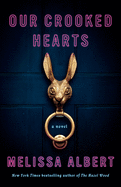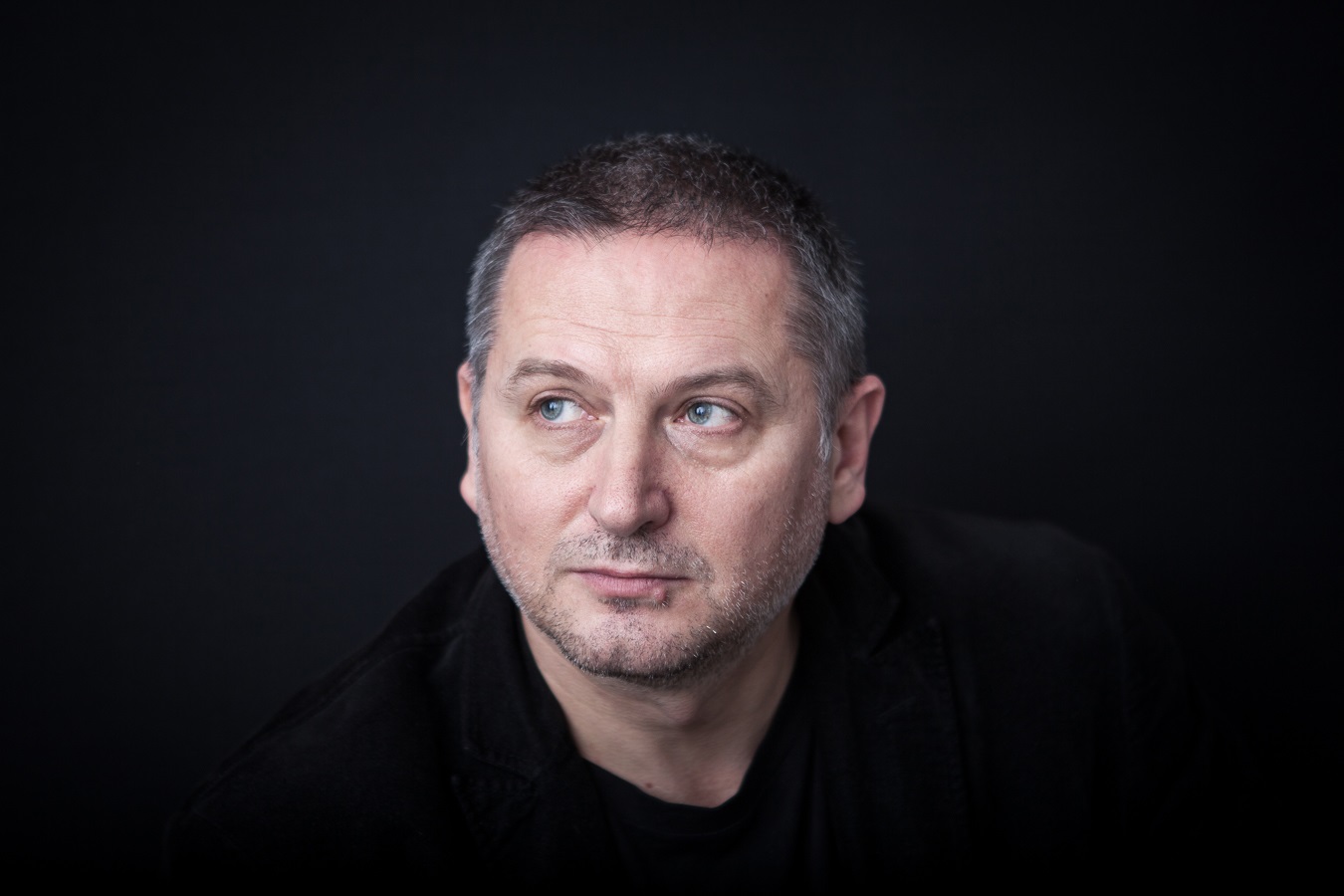 |
| photo: Phelia Barouh |
Bulgarian writer Georgi Gospodinov is the author of Natural Novel and The Physics of Sorrow, among many other books. He is the winner of the Strega European Prize, the Angelus Central European Literature Award, the Jan Michalski Prize and, recently, the Usedom Literature Prize for his contribution to European literature. His books have been translated into more than 25 languages. His novel Time Shelter, translated by Angela Rodel (Liveright, May 10, 2022), dives into the ambiguity of nostalgia and sadness, and it won the Strega Prize.
Handsell readers your book in 25 words or less:
It starts as therapy and ends as catastrophe--from "clinics of the past" for Alzheimer's through "referendums for the past" to some troops gathered on the border.
On your nightstand now:
Olga Tokarczuk's The Tender Narrator, a book of essays that includes her Nobel Prize lecture of the same name. I hope the book will be published soon in English as well.
Seneca's Moral Letters to Lucilius--for rereading. A letter a night gives comfort in this mad world.
Favorite book when you were a child:
Hans Christian Andersen's fairy tales, especially "The Little Match Girl." The feeling that in every leaf, flower or tin soldier there is a hidden story made me want to write too.
Your top five authors:
Jorge Luis Borges, Joseph Brodsky, Lars Gustafsson, Olga Tokarczuk, Jennifer Egan.
Book you've faked reading:
Goethe's Faust. I think I fooled my high school literature teacher, too.
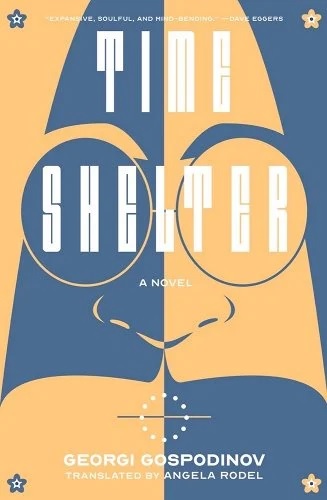 Book you're an evangelist for:
Book you're an evangelist for:
J.D. Salinger's short stories. There's a mystery to them, something you can't quite explain in their making that draws you in all the more. As a student, I started writing a letter to Salinger, challenging him to finally show up and publish again, to get him out of his den of silence by bluffing (a bluff I somewhat believed). The letter began like this: I know you write and continually publish under other names and maintain all the literature. You're Pynchon, right? And maybe also Updike. Sometimes you even manage to write worse than you can. Which, in and of itself, is genius.
Book you've bought for the cover:
Right before Christmas I'm usually tempted by books with Christmas covers. One of the best is Auggie Wren's Christmas Story by Paul Auster, illustrated by Isol.
Book you hid from your parents:
Some book on sexual education. These books were in short supply under socialism. I was in high school and had borrowed it from a friend. Then, by chance, while digging through my parents' library, I discovered that we had the same book, which they had hidden from me.
Book that changed your life:
Different books in different periods. At 16, I read A Hero of Our Time by M. Lermontov seven times and--apart from identifying with Pechorin himself, feeling both compassion and loathing for him--I was also shocked by the way the story was told. It was the first time I'd encountered such a nonlinear composition and, looking at my novels today, it must have left quite an impression on me.
Favorite line from a book:
The opening sentences of several novels. I am an avid collector of first sentences. If I had to point to just one example, let it be the beginning of One Hundred Years of Solitude by Gabriel García Márquez. It has everything that a brilliant novel is made of: "Many years later, as he faced the firing squad, Colonel Aureliano Buendía was to remember that distant afternoon when his father took him to discover ice."
Five books you'll never part with:
The Poems of T.S.Eliot, The Aleph and Other Stories by Borges, the short stories of Salinger, The Death of a Beekeeper by Lars Gustafsson, In Absentia Reports about Bulgaria by Georgi Markov. These were Markov's émigré essays, read on Radio Free Europe in the 1970s, the most courageous and ruthless portrait of the country under the Communist regime, for which the author paid with his life. He was assassinated by the Secret Service while crossing a London bridge, the infamous Bulgarian umbrella case.
Book you most want to read again for the first time:
Zorba the Greek by Nikos Kazantzakis. I want to recall what it's like to be 18, alone in a deserted village, reading this energizing book when life is ahead of you.
What literature is capable of:
Postponing the end.
 In March, bookstore sales jumped 12.5%, to $577 million, compared to March 2021, according to preliminary Census Bureau estimates. By comparison to pre-pandemic times, bookstore sales in March dropped 2.5% in relation to March 2019. For the year so far, sales have risen 16%, to $2 billion compared to the first quarter of 2021.
In March, bookstore sales jumped 12.5%, to $577 million, compared to March 2021, according to preliminary Census Bureau estimates. By comparison to pre-pandemic times, bookstore sales in March dropped 2.5% in relation to March 2019. For the year so far, sales have risen 16%, to $2 billion compared to the first quarter of 2021.








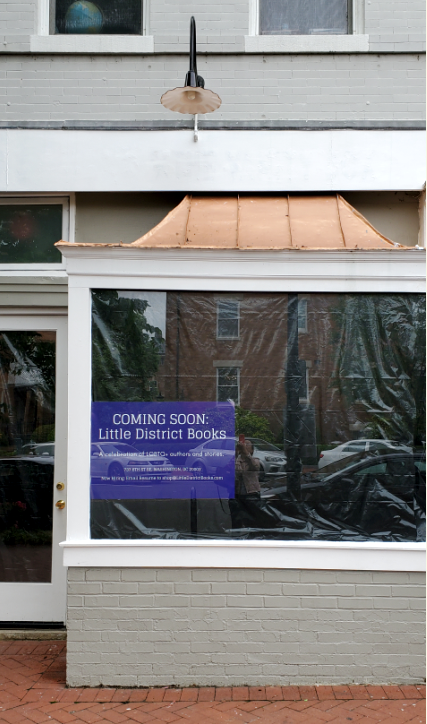



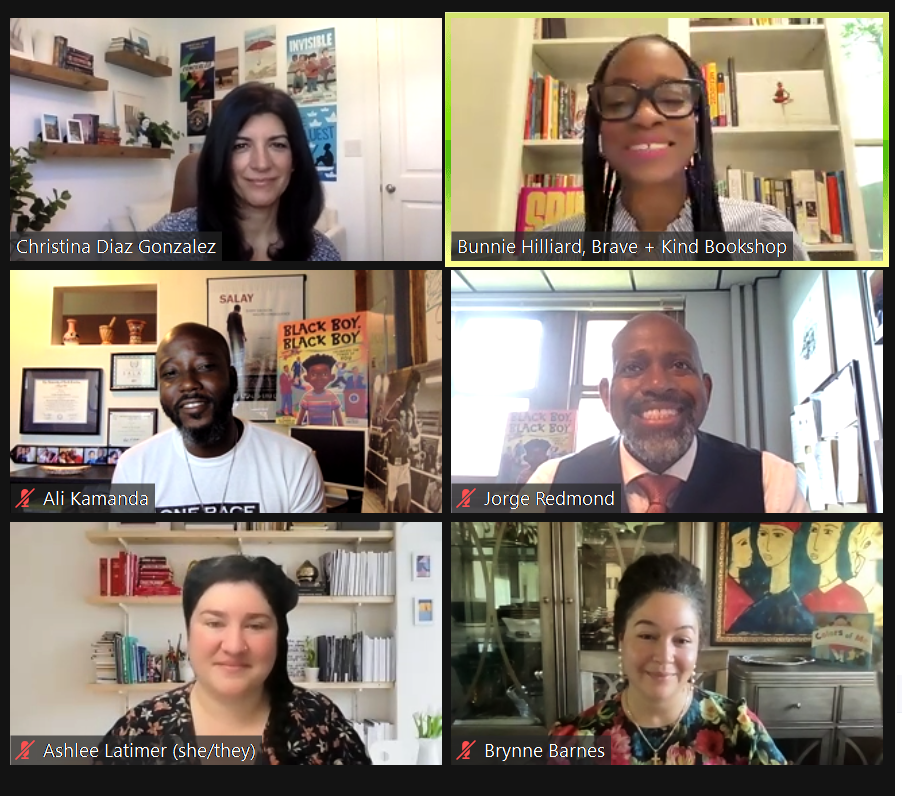 Gonzalez said the book is fully bilingual. And because the students are describing events in their own words, a Spanish teacher is translating, so the bilingual text "is part of the story." The author, born in the U.S., was raised by Cuban-born parents who spoke to Christina in Spanish; they were the only Spanish-speaking family in her town. When Gonzalez began making school visits, she learned that teachers often kept ESL students away from her presentations, since Gonzalez presented in English. Now she makes sure to ask that all ESL students attend her author appearances.
Gonzalez said the book is fully bilingual. And because the students are describing events in their own words, a Spanish teacher is translating, so the bilingual text "is part of the story." The author, born in the U.S., was raised by Cuban-born parents who spoke to Christina in Spanish; they were the only Spanish-speaking family in her town. When Gonzalez began making school visits, she learned that teachers often kept ESL students away from her presentations, since Gonzalez presented in English. Now she makes sure to ask that all ESL students attend her author appearances.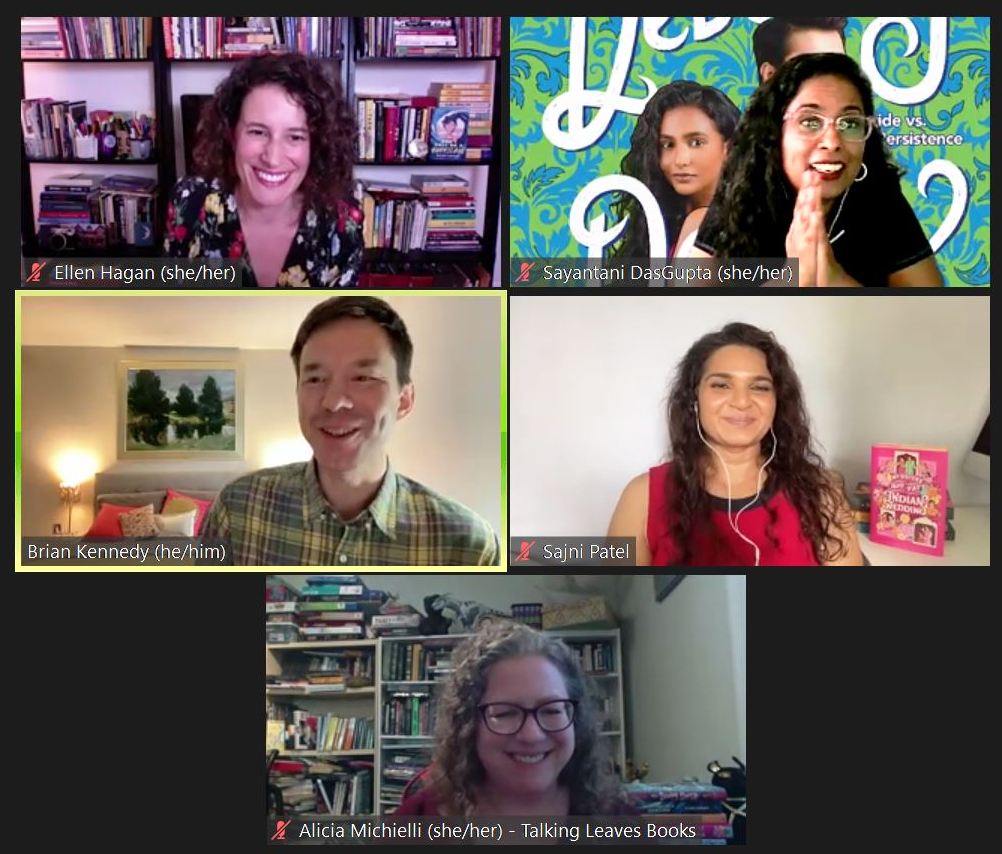 "I didn't set out to write a romance," confessed debut author Brian D. Kennedy of his YA novel A Little Bit Country (Balzer + Bray, June 7). He started to write a contemporary work of fiction and the romance "emerged." Kennedy said what he loves about country music is that most songs tell a story. A self-described "massive" Dolly Parton fan, he created the character Wanda Jean Stubbs as her "stand-in."
"I didn't set out to write a romance," confessed debut author Brian D. Kennedy of his YA novel A Little Bit Country (Balzer + Bray, June 7). He started to write a contemporary work of fiction and the romance "emerged." Kennedy said what he loves about country music is that most songs tell a story. A self-described "massive" Dolly Parton fan, he created the character Wanda Jean Stubbs as her "stand-in."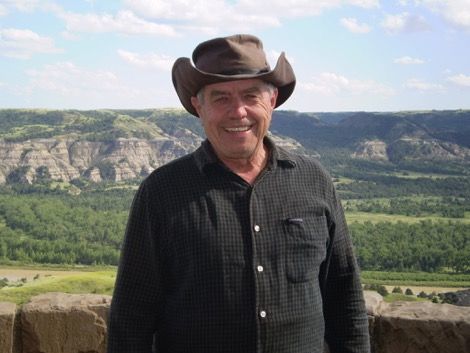
 Worzalla, an employee-owned printing company in Steven's Point, Wis., was a sponsor of this year's Words & Friends for Literacy event organized by the Portage County Literacy Council. The event (in-person for the first time since the pandemic began) helped raise more than $20,000 for community-based literacy programs. Pictured: Worzalla's winning team, the Jefferson Street Girls.
Worzalla, an employee-owned printing company in Steven's Point, Wis., was a sponsor of this year's Words & Friends for Literacy event organized by the Portage County Literacy Council. The event (in-person for the first time since the pandemic began) helped raise more than $20,000 for community-based literacy programs. Pictured: Worzalla's winning team, the Jefferson Street Girls.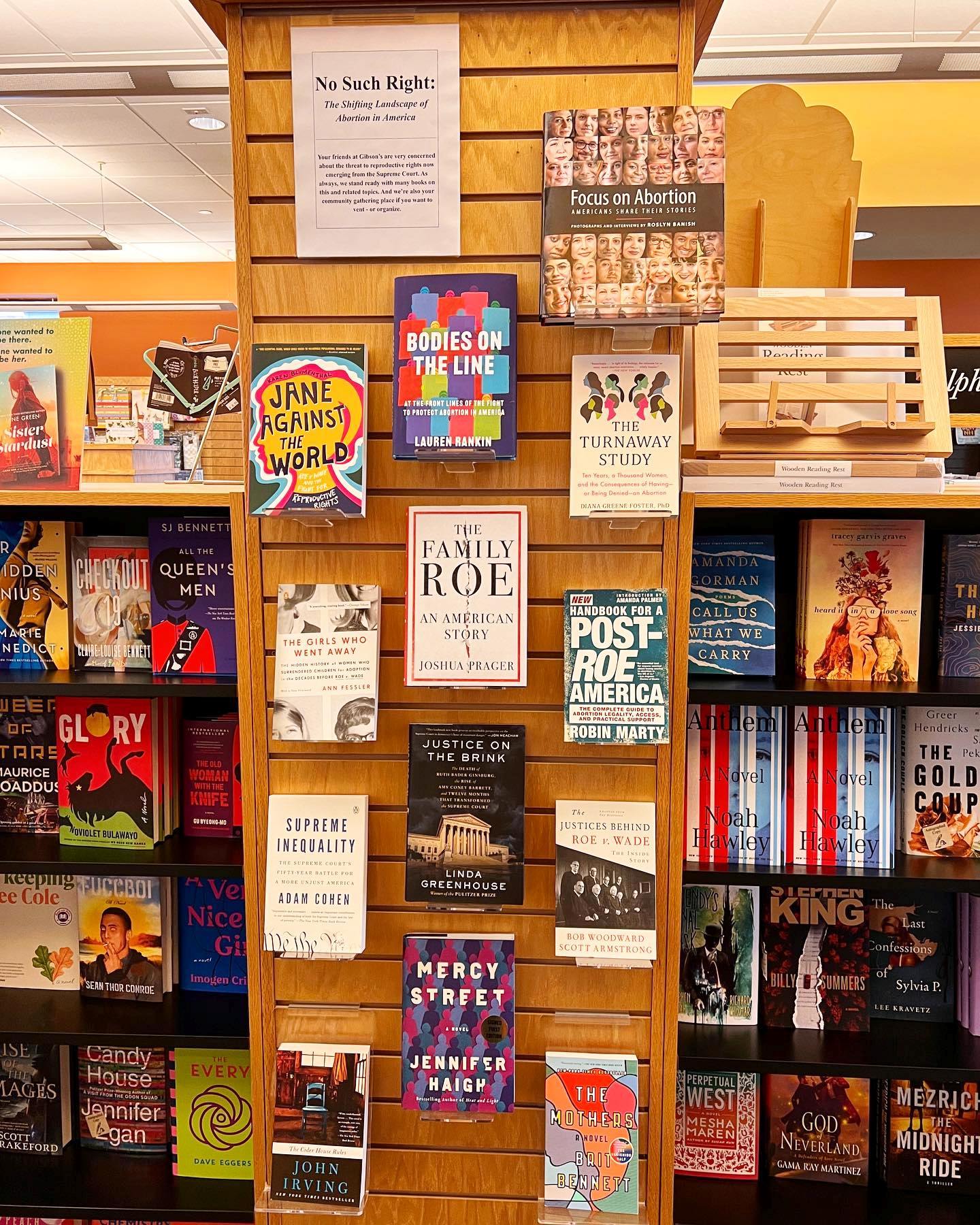
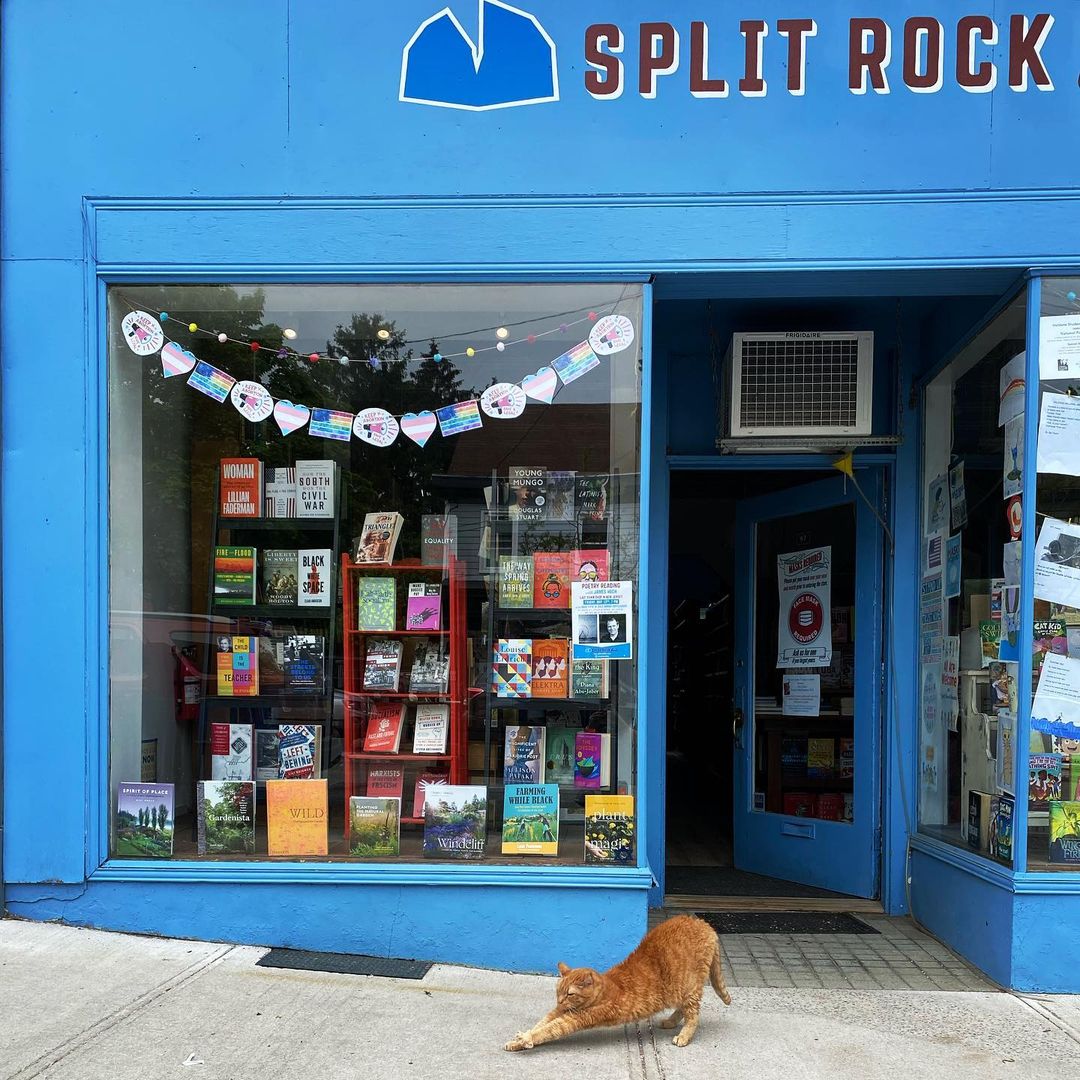 "It’s a beautiful day to
"It’s a beautiful day to 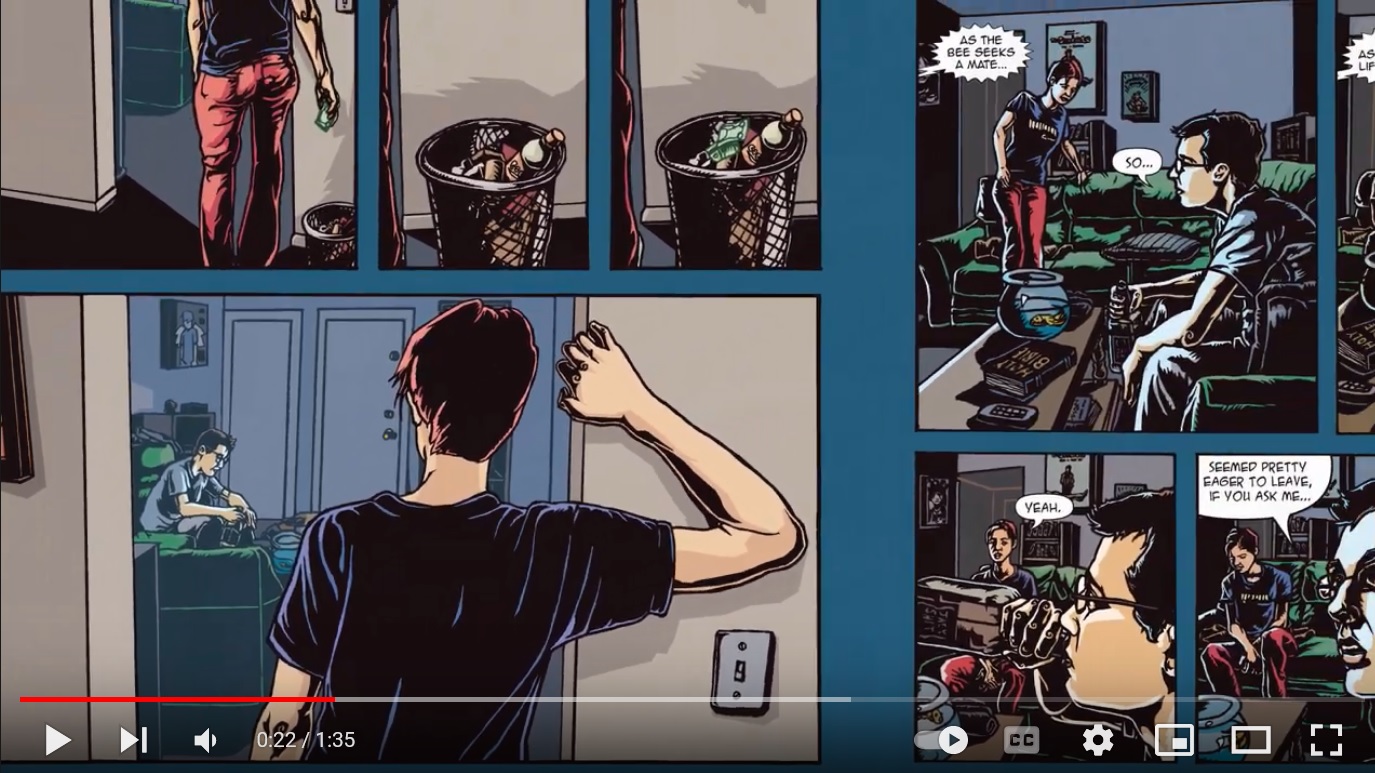 Jacob's Apartment
Jacob's Apartment
 Book you're an evangelist for:
Book you're an evangelist for: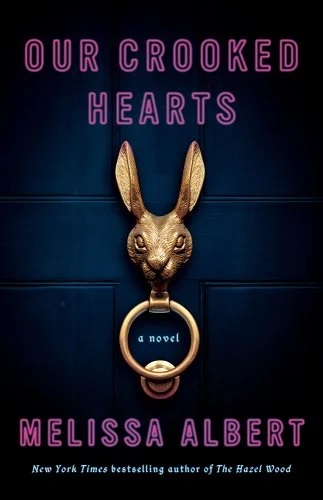 Vivid prose pairs effortlessly with an engaging slow-burn mystery in this eerie, dual-timeline thriller from Melissa Albert (
Vivid prose pairs effortlessly with an engaging slow-burn mystery in this eerie, dual-timeline thriller from Melissa Albert (